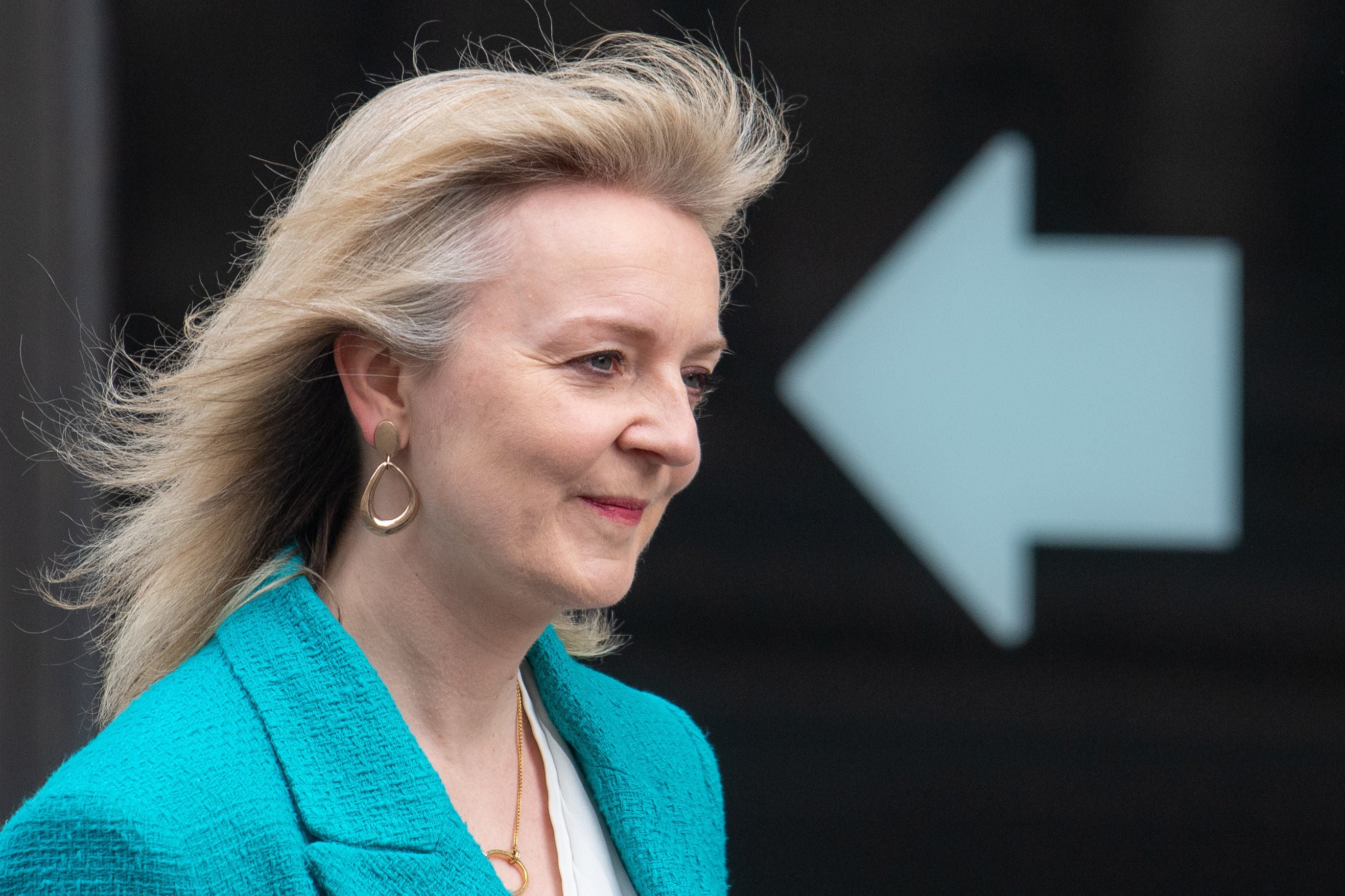No 10 fails to guarantee keeping ban on hormone-injected beef in Australia trade deal

No 10 has refused to guarantee that a ban on hormone-injected beef will remain in place in the trade deal with Australia, set to be sealed within weeks.
Boris Johnson’s spokesman insisted the UK will not “compromise on our animal welfare or food standards” – but declined, four times, to give an explicit commitment on the use of hormones.
Instead, he said only that food allowed in under future deals will “have to comply with our import requirements”, without setting out what they would be.
The words fell far short of the guarantee given, last year, by both Liz Truss, the trade secretary, and the environment secretary George Eustice – who are now locked in a fierce spat over the Australia deal.
In November, the pair wrote: “Chlorinated chicken and hormone-injected beef are already banned in the UK and we will not negotiate to remove that ban in a trade deal.”
Australia is known to have demanded, as far back as 2018, that Britain accepts hormone-treated beef imports as the price of a symbolic early post-Brexit trade agreement.
The practice is widespread in Australia and the EU has claimed at least one of the hormones used by cattle farmers is carcinogenic – something fiercely disputed by Canberra.
The government has guaranteed that “any changes to existing food safety legislation would require new legislation to be brought before parliament”.
But some MPs remain suspicious that changes could be made using regulations, rather than primary legislation – using so-called ‘Henry VIII powers’ to bypass MPs.
Anne McIntosh, a Conservative peer and campaigner, told The Independent: “The government must honour its commitment to keep the trust of the British people, one million of whom signed the petition calling for such a safeguard.
“That means no entry for any beef from Australia or elsewhere produced with hormones or in other ways does not meet our standards.”
Emily Thornberry, Labour’s shadow trade secretary, said: “The British people need to know whether meat imports from Australia treated with growth-promoting antibiotics and hormones will benefit from the tariff reductions the government is proposing.”
Lord Curry of Kirkharle, who carried out a landmark food review for Tony Blair, said current trade of Australian beef and lamb to the UK was small-scale.
But he warned: “A lot can change over a 15 year timetable. The much bigger issue is the precedent that is being set for future deals, particularly the US but also Brazil, Uruguay and other South American countries.”
The National Farmers Union has reacted angrily to an apparent Cabinet agreement to offer Australia a zero-tariff, zero quota trade deal, despite farmers’ fears of ruin.
Mr Johnson is believed to have given the go-ahead for the offer to be made, settling a major Cabinet row and overruling the concerns of Mr Eustice and Cabinet Office minister Michael Gove.
The full removal of tariffs and quotas is only like to happen after up to 15 years – in an attempt to calm the protests of worried farming groups.
But Minette Batters, the NFU president, said: “If accurate, this will have a massive impact on British farming – and we are still waiting to hear from government.
“A tariff-free trade deal with Australia will jeopardise our own farming industry and will cause the demise of many, many beef and sheep farms throughout the UK. This is true whether tariffs are dropped immediately or in 15 years’ time.”
Join our commenting forum
Join thought-provoking conversations, follow other Independent readers and see their replies
Comments
Bookmark popover
Removed from bookmarks